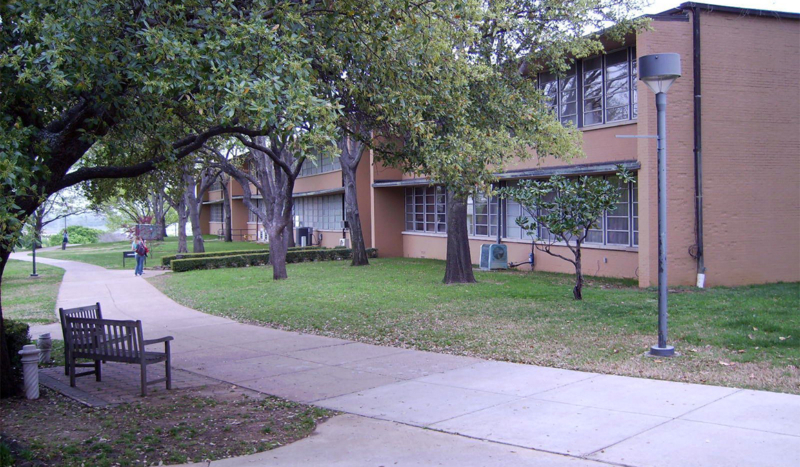
Wissembourg / Wikimedia Commons
CV NEWS FEED // A proposed casino resort is drawing sharp opposition from the University of Dallas (UD) and its neighbors in Irving, Texas, who say the project threatens the character of their community.
Las Vegas Sands Corporation, a global casino powerhouse known for The Venetian and The Palazzo in Las Vegas as well as major resorts in Macau and Singapore, has identified a parcel of land next to UD as the potential site for its largest development to date.
Faculty, students, and alumni of UD — a small Catholic liberal arts college known for its Great Books curriculum — have joined other Irving residents in opposing the plan, citing concerns about its impact on the community’s culture, values, and economy.
In a recent opinion piece for The College Fix, University of Dallas history professor and longtime Irving resident Susan Hanssen described opposition to the proposal as a seemingly hopeless struggle.
“Can it be stopped?” she asked. “Nothing is impossible for God, but it is a case of David versus Goliath.”
The project would mark the first of its kind in Texas, where casino gambling remains illegal under the state constitution.
The plan, Hanssen noted, came as a shock to residents, many of whom expected any debate over casino gambling to occur only after the Texas legislature addressed the issue. Instead, rezoning efforts have proceeded rapidly, raising concerns about transparency and fairness.
The Las Vegas Sands Corporation promises that its casino will draw crowds to Irving for high-end entertainment, dining, and leisure, according to Hanssen.
“They want outsiders to come to Irving to play,” she said. “But the families of Irving don’t like that kind of play: they prefer to worship God, work to support, raise, and educate their children, and govern themselves. These are the components of the good life as they see it — not destination travel and food tourism.”
Hanssen said that during a recent eight-hour Planning Commission meeting, hundreds of Irving residents turned out to oppose the plan, with only four speaking in favor. She emphasized the unity and conviction of the opposition, which included UD faculty, alumni, staff, and students.
“They made the case that casino gambling is not the kind of development that the city needs or wants,” she wrote, noting that their objections were backed by studies on economics, public health, and safety.
Despite the overwhelming opposition, the commission voted in favor of the rezoning. The matter now moves to the Irving City Council.
Hanssen painted a vivid picture of the cultural and spiritual life that has developed around the university over the decades.
“The jobs, the churches, the schools, the families have created an amazingly cohesive, face-to-face, come-as-you-are-and-bring-your-guitar, backyard and front porch republic that is the very face of what conservatives mean when they say ‘Make America Great Again,’” she wrote.
She warned that placing a casino next to the university threatens not only the school’s mission but also the fabric of the surrounding community.
“Will students still want to come from all 50 States in the Union to a little hill in Irving for an education in the Christian tradition and history of Western Civilization?” she asked. “Will they settle down to jobs, families, churches, and schools in the immediate vicinity of a major gambling complex?”

